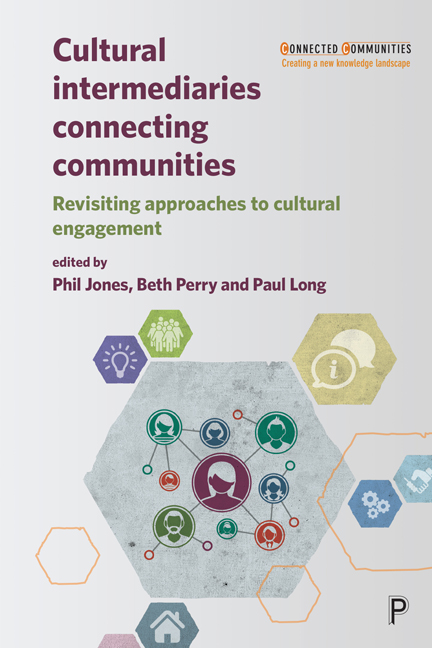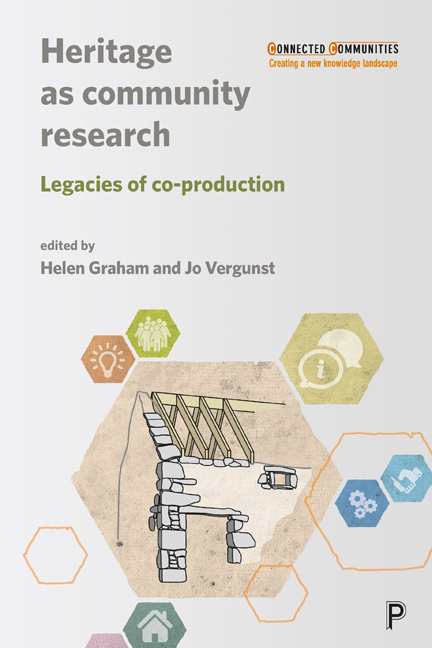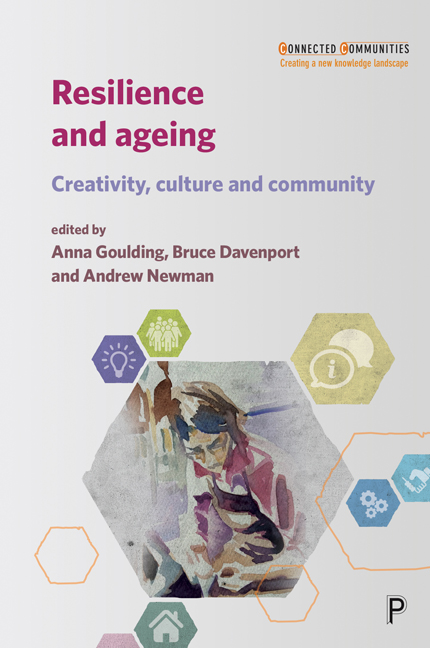7 results in Connected Communities

The Creative Citizen Unbound
- How Social Media and DIY Culture Contribute to Democracy, Communities and the Creative Economy
-
- Published by:
- Bristol University Press
- Published online:
- 01 September 2022
- Print publication:
- 06 April 2016

After Urban Regeneration
- Communities, Policy and Place
-
- Published by:
- Bristol University Press
- Published online:
- 01 September 2022
- Print publication:
- 11 November 2015

Cultural Intermediaries Connecting Communities
- Revisiting Approaches to Cultural Engagement
-
- Published by:
- Bristol University Press
- Published online:
- 30 April 2022
- Print publication:
- 12 June 2019

Heritage as Community Research
- Legacies of Co-production
-
- Published by:
- Bristol University Press
- Published online:
- 27 April 2022
- Print publication:
- 13 March 2019

Co-producing Research
- A Community Development Approach
-
- Published by:
- Bristol University Press
- Published online:
- 20 April 2022
- Print publication:
- 19 December 2018

Resilience and Ageing
- Creativity, Culture and Community
-
- Published by:
- Bristol University Press
- Published online:
- 19 April 2022
- Print publication:
- 19 December 2018

The Impact of Co-production
- From Community Engagement to Social Justice
-
- Published by:
- Bristol University Press
- Published online:
- 08 April 2022
- Print publication:
- 01 November 2017

